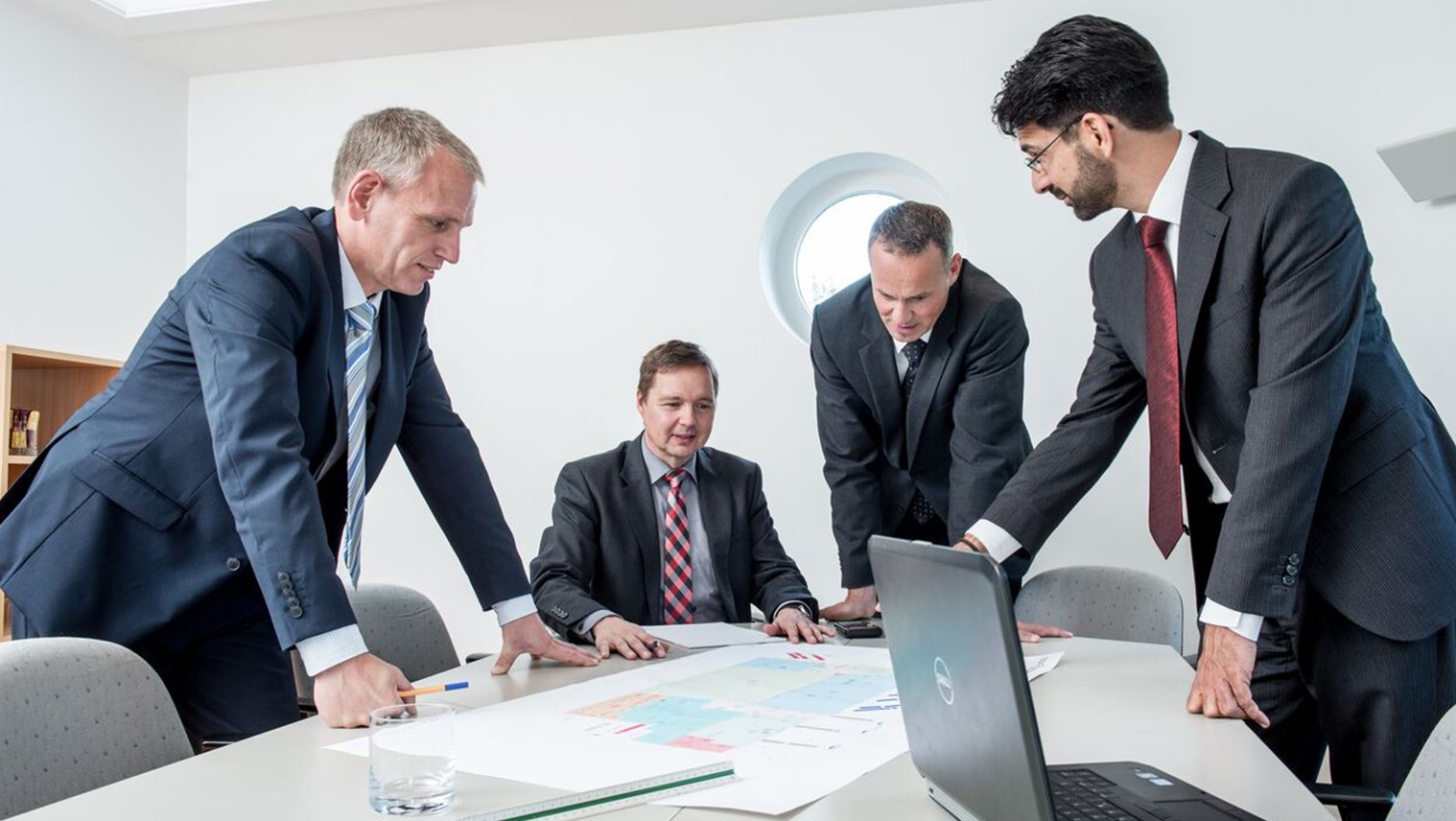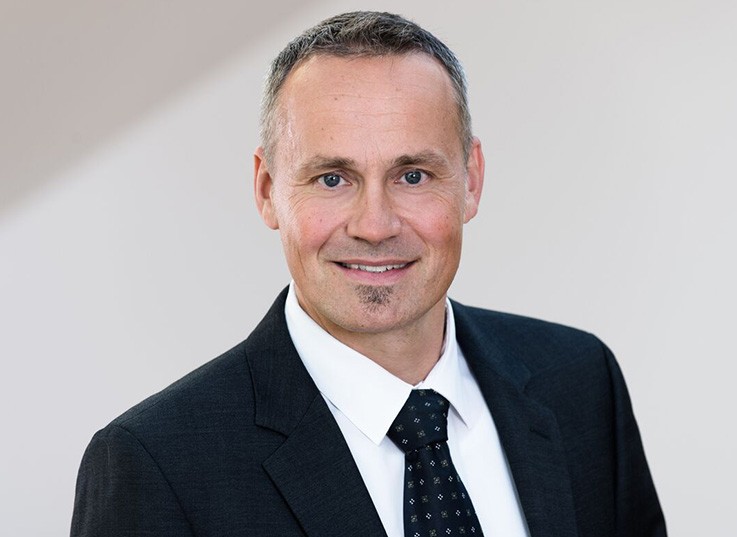The topic of process costs and their analysis and breakdown is becoming increasingly important, particularly in the evaluation of logistics costs and their allocation to individual customers. What does this mean in practice? A process cost analysis can be used, for example, to determine whether it makes economic sense to supply a particular customer. To answer this question in detail, several factors must be taken into account, including purchase prices, required margins, etc., but also the logistics costs incurred in supplying the customer in question. This component is usually divided into the areas of warehouse logistics and transport logistics.
As a logistics consultant, ORGAPLAN Logistics GmbH uses detailed models for the breakdown of logistics process costs based on the principle of causation.
Process cost breakdown, typical questions
Before starting the analysis, certain structural issues need to be addressed:
It is important to know what logistics costs a customer incurs when connected to the warehouse and how the warehouse costs of an individual customer are broken down into cost drivers. We therefore ask how the costs of a tour visiting different customers can be fairly allocated to an individual customer. It is also important to determine how to isolate the expected delivery costs of a new customer when it is integrated into an existing delivery structure. And do the individual results change if the view is based on customer groups (taking into account subsidy approaches)?
Process cost breakdown service offering
- Breaking down the process costs of warehousing: Building a warehouse model to determine the breakdown of logistics costs by cost drivers. Derive warehousing costs for individual customers in a matrix function
- Process cost breakdown for transport: Tour simulation based on actual tours. Breakdown of individual tour costs according to the tonne-kilometre principle
Prepare business decisions
- quickly find weak points
- external view of your processes
- cost-effective, quick results

What is the tonne-kilometre principle?
This is where we get a bit theoretical and scientific: The tonne-kilometre principle, also known as the Steiner-Weber model or Weber’s location model, evaluates the share of tour costs of a single stop within a multi-stop tour. This model, which is over 100 years old, is based on tonne-kilometres, i.e. quantity and distance have a weighted influence. However, it should be noted that it is not trivial to determine this weighted share. It is calculated by multiplying the volume of the individual customer by the direct distance to this customer, dividing by the sum of this product over all customers on the tour, and then multiplying the result again by the travel costs.
Then, of course, there is the cost of the customer’s downtime. This may sound complicated, but it is stored in our models and can therefore be reproducibly applied to any tour. As a result, the tonne-kilometre principle can also be used to analyse the costs of entire customer groups by consolidating the costs of individual customers. The basis of the total tour cost breakdown is the reproduction of all tours over a period of time in the tour planning programme.
In the area of warehousing, the experts at ORGAPLAN Logistik GmbH have found dynamic warehouse models to be a good tool for cost breakdown. Both quantity and volume-related costs are taken into account. These are represented in cost functions and also take into account the number of items called off by each customer. The volume-dependent costs take into account all sizes that are influenced by them, such as internal transport (forklift replenishment), quality control, quality assurance, space and material costs. In addition to the dynamic sizes, allocations for overhead or other indirect costs must also be assigned. Interest on inventory – determined by its value – completes the block of parameters.
After all the mathematical calculations, you as the logistics decision-maker will have the individual customer costs in euros per unit. These can be further broken down according to defined product ranges or product groups.
Stefan Ulrich
Don‘t hesitate. We look forward to seeing you!
+49 (0) 4102-66780
stefan.ulrich@orgaplan.net
